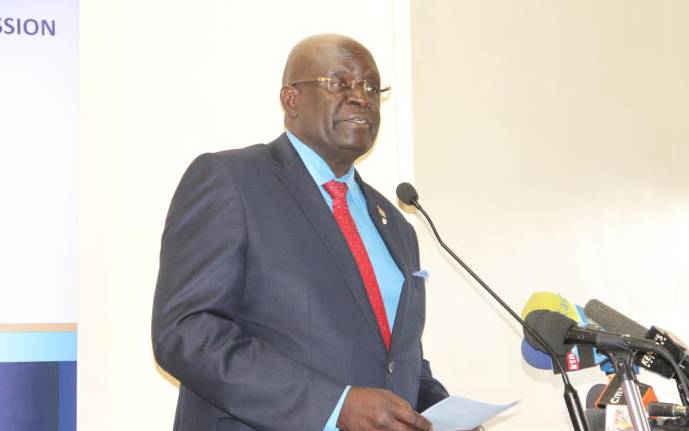×
The Standard e-Paper
Fearless, Trusted News

Cabinet Secretary for Education, Prof. George Magoha when he made his remarks during the launch of Competency Based Curriculum(CBC) and training of teachers on competency based assessment on 23rd April 2019 at Uhuru primary in Lang'ata Nairobi. [Edward Kiplimo,Standard]
Last week, Education CS Professor George Magoha hinted that his Ministry could scrap some 107 degree courses currently being offered by our universities.